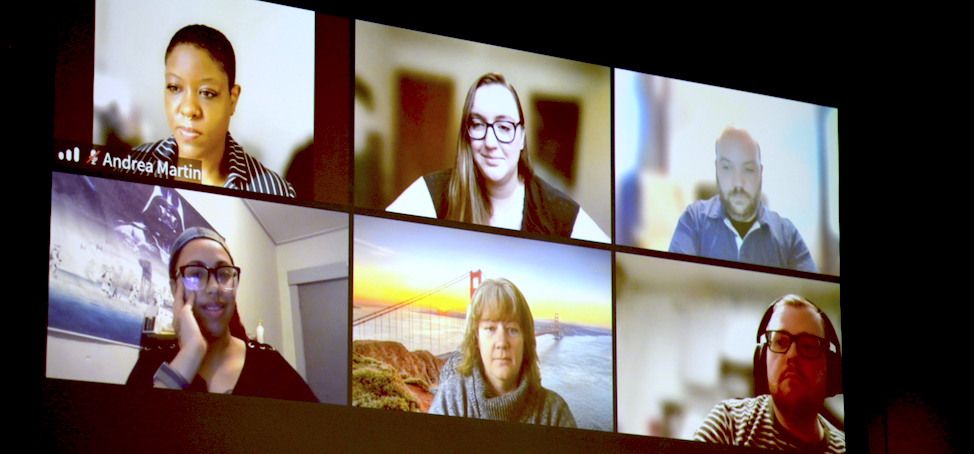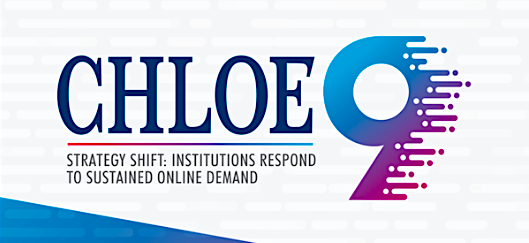Megan Kohler: Divergent Minds, Inspired Designs
DAY 2: February 27, 2025
Time 9:15AM – 10:15AM
Neurodivergent learners have unique skills and abilities that set them apart from neurotypical learners. If supported effectively, neurodivergent learners tend to excel, especially in the STEAM fields, and their unique skills can lead to significant contributions in these areas. In fact, companies are actively seeking out neurodiverse talent. In 2017, The Harvard Business Review published an article titled “Neurodiversity as a Competitive Advantage”. Yet neurodiverse learners are often ‘high risk’ regarding completion of a degree. Which makes it even more important for educators to provide methods for accommodating these individuals who will play a critical role in our future society.
A major factor for the high-risk classification of neurodivergent learners is due to their unique learning needs not being met. Providing adequate accommodations is not straightforward because many neurodivergent learners do not have an official diagnosis. In fact, there are many cases in which people haven’t recognized they are neurodivergent until adulthood (Polyzoi, Ahnemark, Medin, & Ginsberg, 2018; Happe & Frith, 2020). This makes it even more critical that we as educators take the necessary steps to ensure their time in academia truly does accommodate every learner.
While there are some small actions that can be taken to accommodate neurodivergent learners such as replacing multiple choice exams with other formats such as essays that allow neurodivergent learners to explain their viewpoint, these are only a small step in the overall learning process. But we need to create a dynamic in which neurodivergent learners are supported throughout the learning process rather than simply making small adjustments along the way.
In this session, attendees will gain an understanding of what neurodivergence is, explore case studies to gain insights into the neurodivergent students’ experience, and learn valuable strategies for fostering neuro-inclusive learning environments.
Megan Kohler, Learning Designer & Lecturer John A. Dutton e-Education Institute, Penn State.
Tracks: Online Student Support, Online Instructional Designers, Online Faculty




















